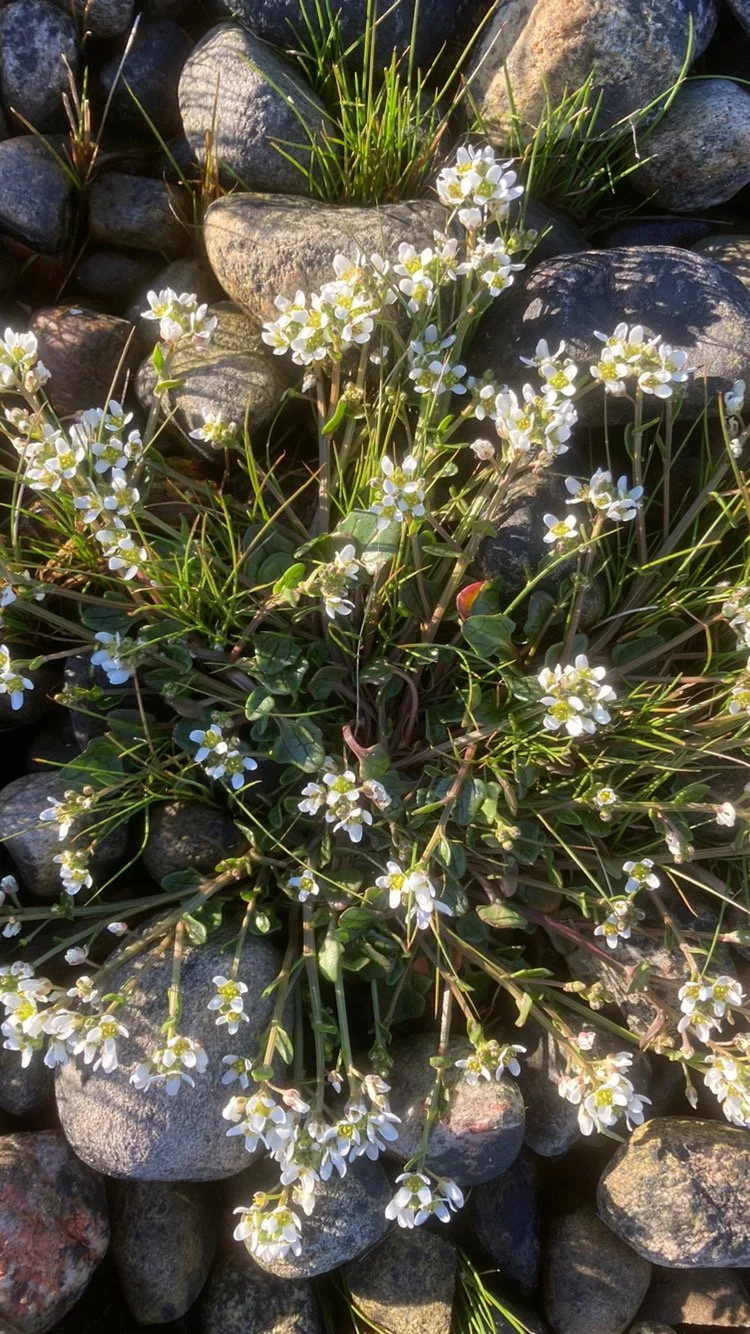The ‘alternatives in education series’ has been designed to share a range of case studies exemplifying how schools and education/community learning settings can adopt approaches to Learning for Sustainability or embed ways of centring ‘knowledges’ of our interdependence and interconnectedness with Earth systems.
The aim is to showcase how different learning ‘designs’ can be achieved in urgent response to biodiversity loss and climate change impacts towards potential flourishing futures for human, non-human and more-than-human worlds. Re-imagining human ‘worlds’ for equity, eco-social justice and to live within the capacity of Earth’s ecological systems.
The series specifically looks at case studies where innovative principles and design are being embodied within existing education systems and constructs, and are examples of equitable access and application not dependent on exclusivity or high fees. The case studies selected show realistic, achievable and accessible innovations that could be adopted and adapted elsewhere justly and ecologically.
““Sympoiesis is a word proper to complex, dynamic, responsive, situated, historical systems. It is a word for worlding””
The Copenhagen Green FRee School
What is needed to meaningfully prepare children for climate change and biodiversity crises, and give them skills, knowledges and abilities to collaborate democratically together for the transition towards a greener and fairer future?
The Copenhagen Green Free School is exploring the answers through adopting a Learning for Sustainability centred curriculum, combining a ‘Head, Heart, Hands’, place-conscious and systems thinking approach the school encourages children and young people to apply learning in context with place and through interdisciplinary facilitated projects across age ranges, whilst simultaneously following the Danish national curriculum.
Den Grønne Friskole began in 2014 with an aim to centre ‘green transformation’ at its core of culture, curriculum and campus. The curriculum uses project based approaches that are ‘open source’ as a gesture for extended collaboration and knowledge exchange. Renovating urban spaces using sustainable and reused materials, developing gardening and outdoor learning spaces, these have all contributed to the ethos underpinning all elements of the schools journey to embody a ‘living and learning’ space for greener futures.
The school not only adopts aesthetic environmental and sustainable design principles into it’s ‘spaces’ but also combines a variety of innovative pedagogical design approaches, which again embody the core aims of centring ‘sustainable education’ for green transition. The approaches include:
Long-term project learning that is interdisciplinary across subjects and outdoors for systems thinking with ‘real-world’ applied projects linked to innovation beneficiaries outside of the school
Innovation team approach to project learning that meets the needs of students with achievable challenges and outcomes within/across projects, and where healthy risk taking and experimentation is part of learning journeys.
Age mixed small ‘family’ groups are part of the large innovation teams to support developing relationships that are meaningful and bespoke for all students.
Committed communities of student and teachers as underlying ethos for co-creative and collaborative ways of working.
Strong parental collaborations and relationships that form an essential part of the committed community and open source ethos
‘Sustainability’ embedded across all features - school travel, school buildings and school projects.
The Green Free School is also in its lifecycle a ‘small school’, a design in and of itself enabling very different educational approaches that offer time for teachers to support each child and give space for relationship building as community. The Danish education system does also partially fund Free Schools as they follow the national curriculum, which does mean parents supplement attendance by paying small fees but the school sets aside funds to offer bursaries to ensure that children and young people can attend from diverse backgrounds.
The Next Case Studies will be taking a look at London’s Interdisciplinary School (LIS) and Black Mountain College… with more to come!
References:
Den Grønne Friskole Website: https://dengroennefriskole.dk/
Clasper, James. (2020) Made for Minds: Nature and Environment, ‘The Danish school putting sustainability on the syllabus’, found at: https://www.dw.com/en/denmark-copenhagen-sustainability-school-education/a-52341880
